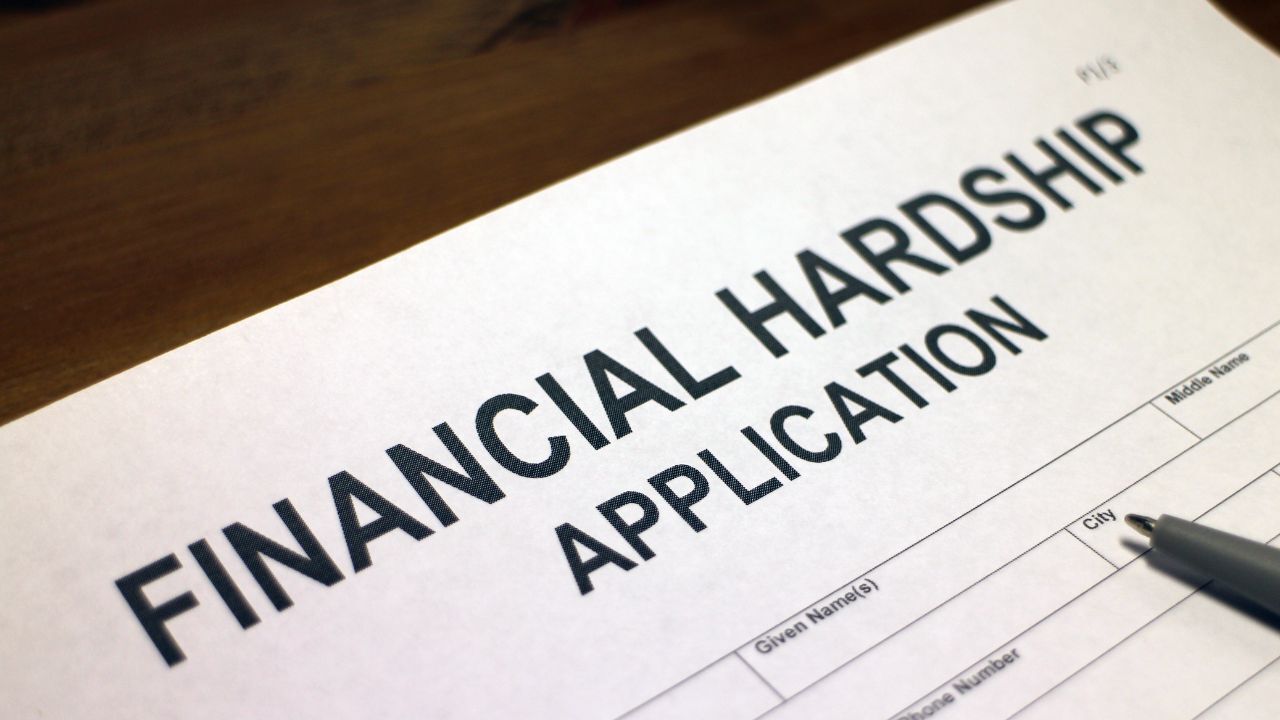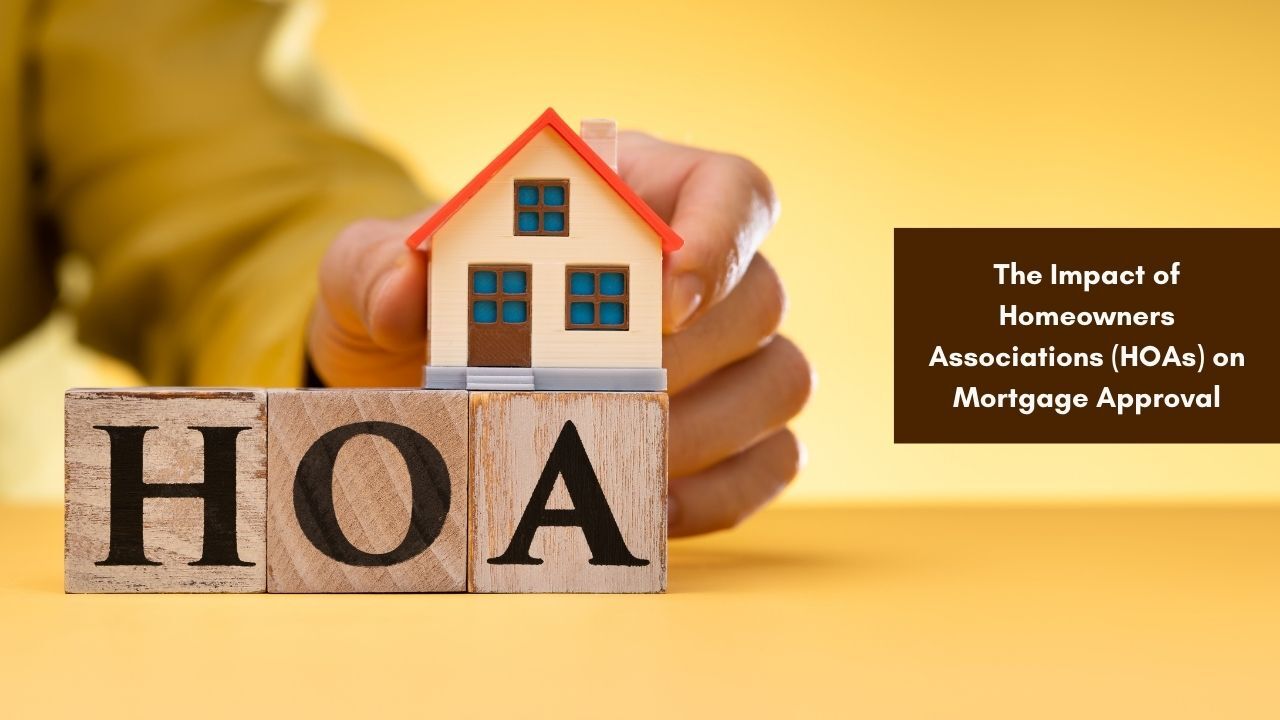Creative Strategies for Managing Mortgage Payments During Financial Hardship
 Financial hardship can happen for many reasons — job loss, medical emergencies, rising expenses, or unexpected life changes. One of the most important steps homeowners can take is to recognize early signs of financial strain. If your savings are shrinking, your income has dropped, or monthly bills are piling up, it is time to take action before falling behind on your mortgage.
Financial hardship can happen for many reasons — job loss, medical emergencies, rising expenses, or unexpected life changes. One of the most important steps homeowners can take is to recognize early signs of financial strain. If your savings are shrinking, your income has dropped, or monthly bills are piling up, it is time to take action before falling behind on your mortgage.
Communicate with Your Lender First
Your mortgage lender is not the enemy during a hardship. In fact, most lenders offer solutions if you reach out before missing a payment. Whether you need a temporary pause or a modified payment plan, being proactive shows good faith and opens up more options. Waiting too long can limit your choices and lead to late fees or damage to your credit.
Explore Mortgage Forbearance Options
Forbearance allows you to pause or reduce your mortgage payments for a set period. This was a common strategy during the pandemic, but it is still available in many cases today. You will need to repay the missed amounts later, but forbearance can offer short-term relief while you stabilize your finances. It is not forgiveness, but it is time.
Request a Loan Modification
If your hardship is expected to last longer, a loan modification might be the best solution. This involves adjusting the terms of your existing mortgage to make it more affordable. Your lender might extend the loan term, lower your interest rate, or change the structure of your payments. It helps you stay in your home and avoid foreclosure without needing to refinance.
Use Refinancing as a Long-Term Fix
If your credit and income are still strong enough, refinancing to a lower rate or longer term can reduce your monthly payment. This can provide lasting relief, especially if your financial hardship is due to rising living costs or high interest debt. Talk to a mortgage professional to see if refinancing is a smart move for your situation.
Tap into Home Equity Carefully
If you have equity in your home, you may consider a home equity line of credit or a cash-out refinance to cover temporary expenses. This should be approached carefully, as it increases your loan balance, but in the right scenario it can be a bridge through tough times. Always consult with a trusted advisor before making this move.
Look for State or Local Assistance Programs
Many states and counties offer mortgage assistance grants or zero-interest loans to homeowners facing hardship. These programs are often income-based and time-sensitive, so explore your eligibility sooner rather than later. Nonprofit housing counselors can also guide you through the application process and help with budgeting.
You Are Not Alone in This
Millions of homeowners have faced financial hardship and successfully navigated through it. The key is early action, clear communication, and exploring creative solutions. Your home is more than a place to live, it is your investment, your future, and your stability. With the right strategies and support, you can protect it.

 Securing a mortgage can be challenging for self-employed borrowers, especially those with irregular income. Traditional lenders typically rely on W-2s and steady paychecks to assess financial stability, which can make qualifying more complex for business owners, freelancers, and gig workers. However, several mortgage options cater specifically to self-employed individuals, allowing them to secure financing based on alternative income verification methods.
Securing a mortgage can be challenging for self-employed borrowers, especially those with irregular income. Traditional lenders typically rely on W-2s and steady paychecks to assess financial stability, which can make qualifying more complex for business owners, freelancers, and gig workers. However, several mortgage options cater specifically to self-employed individuals, allowing them to secure financing based on alternative income verification methods. When purchasing a home in a community with a Homeowner’s Association (HOA), it’s important to understand how this organization can impact your mortgage approval. While HOAs provide benefits like maintaining neighborhood amenities and enforcing community standards, they also add financial obligations that lenders consider when evaluating your loan application.
When purchasing a home in a community with a Homeowner’s Association (HOA), it’s important to understand how this organization can impact your mortgage approval. While HOAs provide benefits like maintaining neighborhood amenities and enforcing community standards, they also add financial obligations that lenders consider when evaluating your loan application.